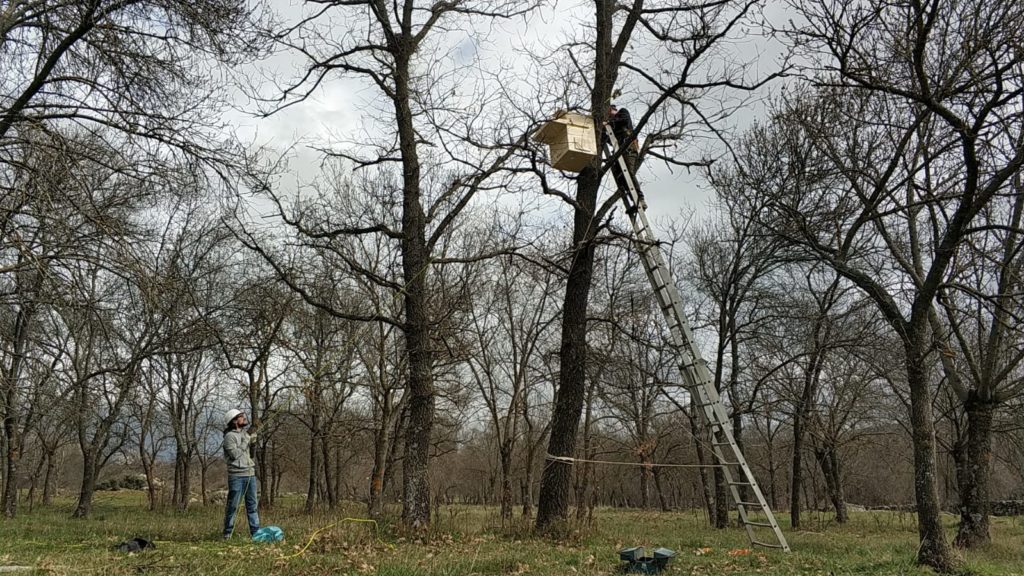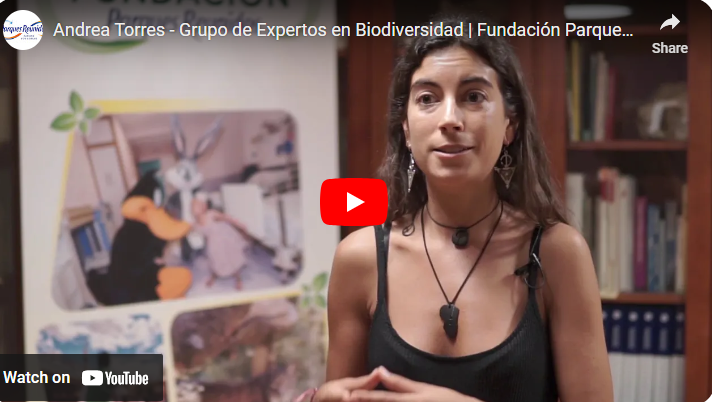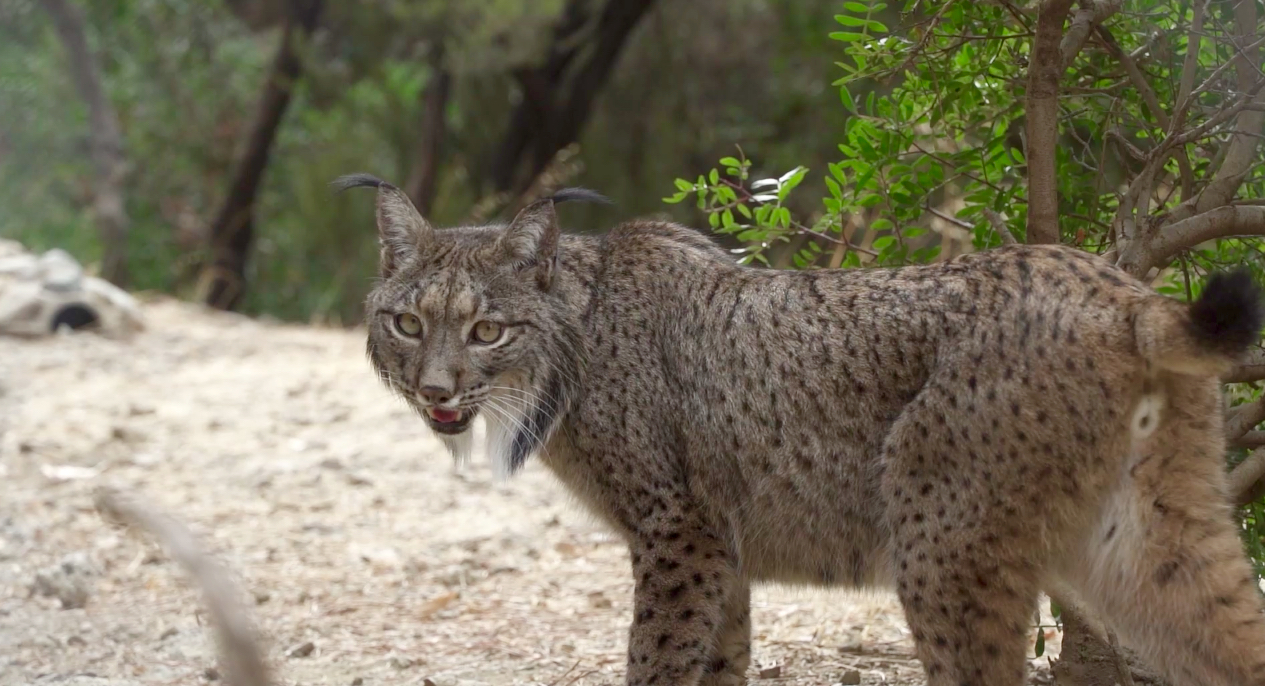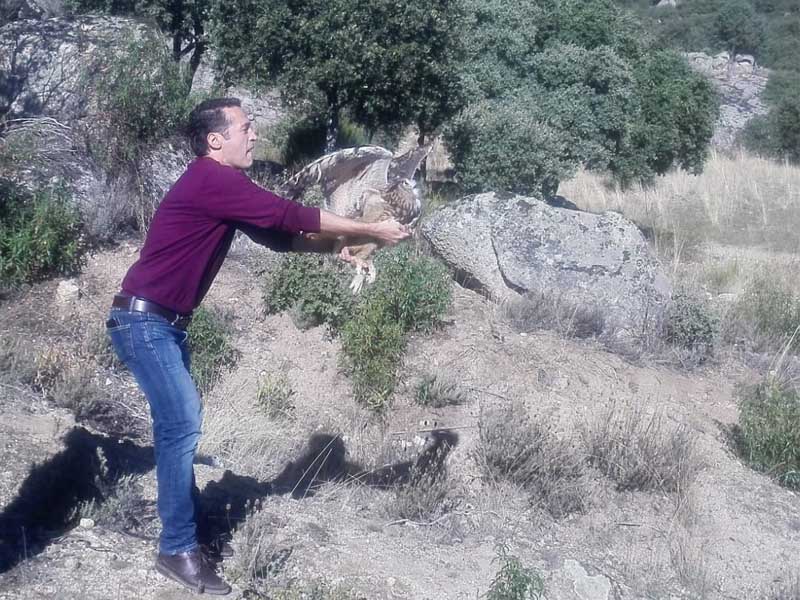
Find out how to enable YouTube subtitles here
“For zoos to fulfill their mission regarding conservation, education and awareness it is essential that animals enjoy the best welfare conditions. At the same time, we need objective tools that have been verified scientifically to evaluate animal welfare and achieve those conditions, identify possible issues and monitor the effects of the strategies we implement to improve the animals’ well-being.”
A PRESSING NEED TO KEEP LEARNING ABOUT ANIMAL WELL-BEING
For Xavier Manteca – a professor at the Universidad Autónoma de Barcelona and one of Spain’s most prominent experts in biodiversity – developing and having access to universal animal well-being protocols and indicators which have been scientifically verified is not just the key to having healthy, long-lived and fertile animals. It is also an urgent matter “because zoos are becoming ever more necessary to face the biodiversity crisis, and we need tools that will allow us to assess animal well-being”.
Manteca also admits that the field of animal welfare at large has evolved mainly with regard to livestock and pets, but in the case of animals in zoos, the vast diversity of species complicates the process of establishing precise assessment methods. “we need specific idicators for each species or group of species and they have to be verified to work for that particular taxonomic group, so are left with an enormous amount of work”.
EXPERTS GETTING DOWN TO WORK
During the second Biodiversity Experts’ Focus Group meeting, which was hosted by the Parques Reunidos Foundation, Manteca pointed out that “If we want to learn about normal animal behavior to contribute to in situ conservation programs, we need to make sure that the animals under our care have a normal behavior. If we want those animals to act as a vehicle to educate the public, we need zoo visitors to feel at easy and to be convinced that the animals are well kept.”
For that reason, the Experts’ Focus Group, lead by Manteca, has got down to work to tackle this issue. “[…] Reseach on animal well-being must be multidisciplinary: veterinarians, biologists, staff working at zoos… It has to be executed from different points of view.”
The Expert focus group offers the unique opportunity to identify priorities and design a work roadmap on the one hand, and to execute the plan using the group’s multidisciplinary qualities as agents of change. Manteca explains that the project’s objective is to share its work’s results with other experts and external actors who can then join the effort to promote animal welfare, which will focus on having healthy, long-lived and fertile animals who can contribute to in situ conservation and to educating the public about the role of zoos.
THE GROUP’S MEMBERS
The Focus Groups is formed by the follwing experts:
- Enrique Alonso, Permanent Member of Spanish State Council; UNESCO Chair on Spatial Design and the Environment; Honorary Researcher at the Franklin-UAH Institute and the Monterey International Institute of California ;
- Alberto Díez, InfoZoos spokesperson ;
- Pablo Fernández de Larrinoa, Director of the Fundación CBD-Hábitat Mediterranean Monk Seal Conservation Program ;
- Jesús Fernández, President of the Fundación Parques Reunidos ;
- Luis Mariano González, head of Conservation Action at the General Sub-directorate on Biodiversity and Natural Environment, Ministry for Ecological Transition;
- Pedro Lorenzo, Dean of the Veterinary Science School, Universidad Complutense de Madrid;
- Xavier Manteca, Professor, Animal and Food Science Department, School of Veterinary Science of the Universidad Autónoma de Barcelona, who will be the group’s moderator;
- Odile Rodríguez de la Fuente, General Director and President of the Fundación Félix Rodríguez de la Fuente;
- Julián Santiago, Research Professor at the Instituto Nacional de Investigación y Tecnología Agraria y Alimentaria (INIA);
- Andrea Torres, biologist for InfoZoos;
- Felipe Vilas, President of the Madrid Official College of Veterinarians.



